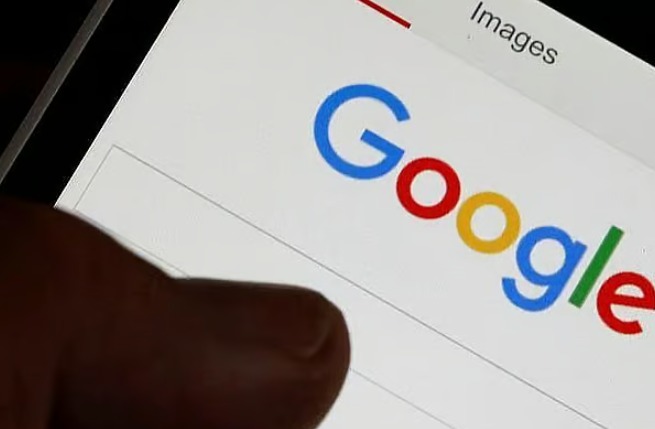Desk Report,
Google doesn’t have to sell Chrome browser, US court rules
Google does not have to sell the Chrome browser to online search engine. But what it has to do is share information with competitors. A US federal judge has ordered this.
Google doesn’t have to sell Chrome browser, US court rules
The US Department of Justice wanted Google to sell Chrome. But the court said that the company can keep this browser as its own, but it cannot make exclusive agreements anymore. Along with that, it must share search-related information with competitors.
US District Judge Amit Mehta made the ruling on Tuesday. The case has been going on for a long time to break Google’s dominance in online search. The main issue of the case was its use as the default or automatic search engine on Google’s own products like Android and Chrome and devices from companies like Apple.
Google had proposed that as a simple solution, the revenue sharing agreement with companies like Apple could be limited, that is, the trend of keeping Google as the default or search engine on digital devices and browsers should change.
After the ruling, Google saw the matter as a victory for itself. They claim that the rise of artificial intelligence (AI) technology has played a role in this result.
In a statement, Google said that the court’s decision proves how much AI has changed the digital industry, and that AI has given people more ways to find information. They also said that what Google has been saying since the lawsuit in 2020 is proven, that competition is now fierce. People can easily choose the services they want.
Google has been denying the accusation of monopoly from the beginning. They claimed that Google’s search engine is better than others. People naturally choose the best.
Last year, Judge Mehta ruled that Google is using unfair methods to establish and maintain dominance in the online search market. In doing so, they violated US law. He also said that forcing the sale of Chrome is not compatible with this case. At the same time, Google does not have to sell the Android operating system, which runs most of the world’s smartphones.
Google argued that selling an operating system like Android would make Google dysfunctional or useless.
In a post on social media after the verdict, Assistant Attorney General Abigail Slater wrote that everyone agrees on the need to restore competition with today’s order. However, whether the order is sufficient to achieve its goals is being considered.
After the verdict, the share price of Google’s parent company Alphabet rose by more than 8 percent. Smartphone companies such as Apple, Samsung and Motorola will also benefit from this.
The issue is that Google used to pay companies like Apple and Samsung hundreds of millions of dollars every year to pre-install its search engine and browser on phone sets. The court said that in 2021 alone, Google paid 26 billion or 26 billion dollars for such agreements with Apple, Mozilla and others.
From now on, Google will not be able to make exclusive agreements for Search, Chrome, Google Assistant or Gemini apps. As a result, phone companies will be able to pre-install other search engines, browsers or AI assistants if they want. However, Google will still be able to pay to be selected by default or automatically.
Deepwater Asset Management’s Gene Munster said the ruling was good news for big tech companies. He said Apple also won because Google now has to sign a new deal every year.
Melissa Otto, head of research at S&P Global Visible Alpha, said the ruling did not seem as harsh as the market had expected.
Google is expected to earn about $200 billion or $20 trillion from its search operations this year. Of that, several billion dollars will go to distribution partners. That would be a win-win for all the big corporations involved in the case, said Melissa Otto.




